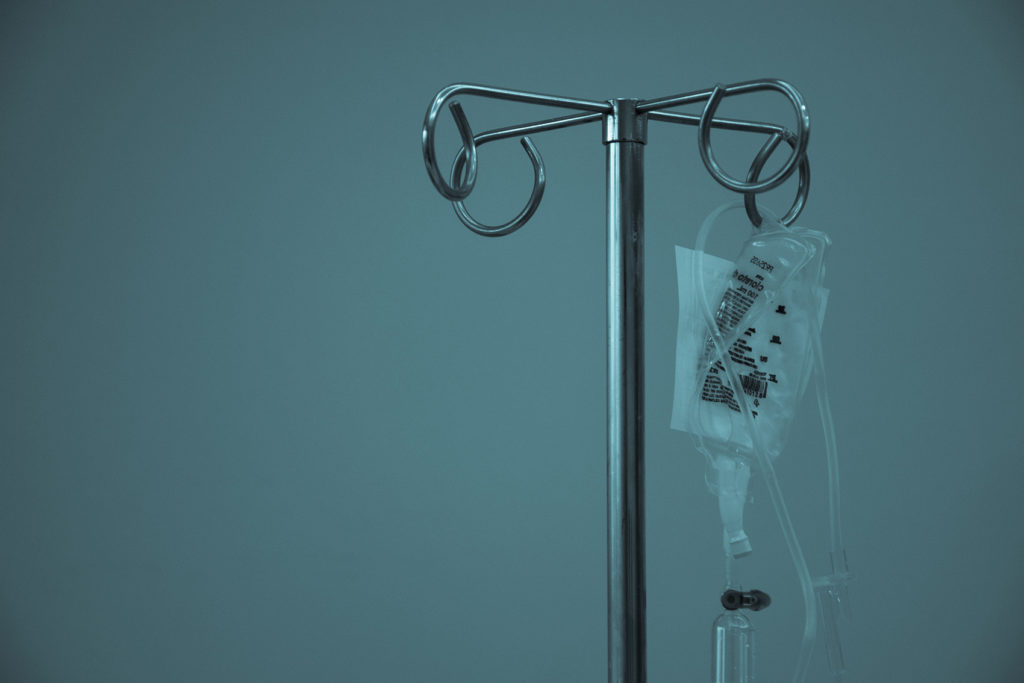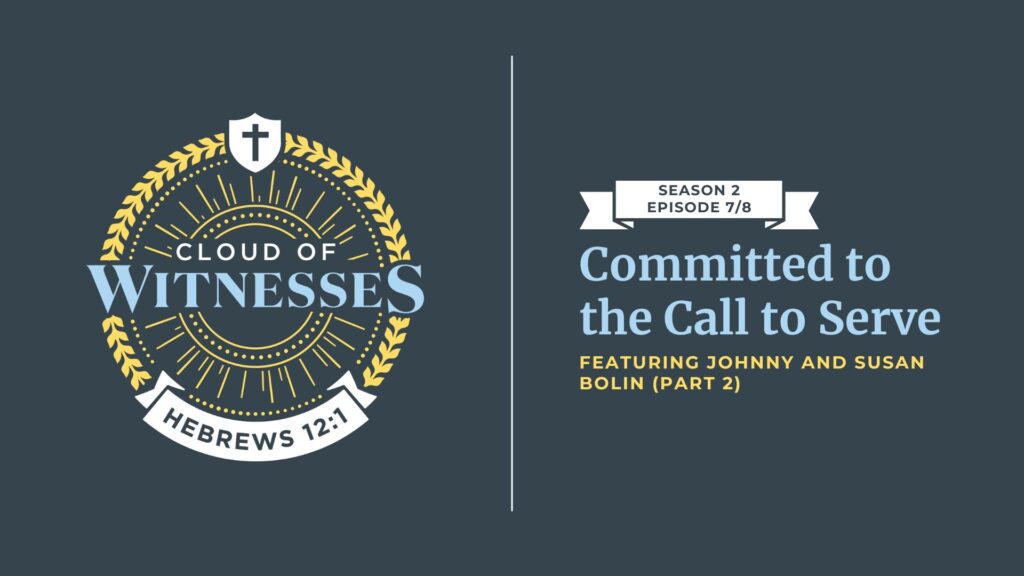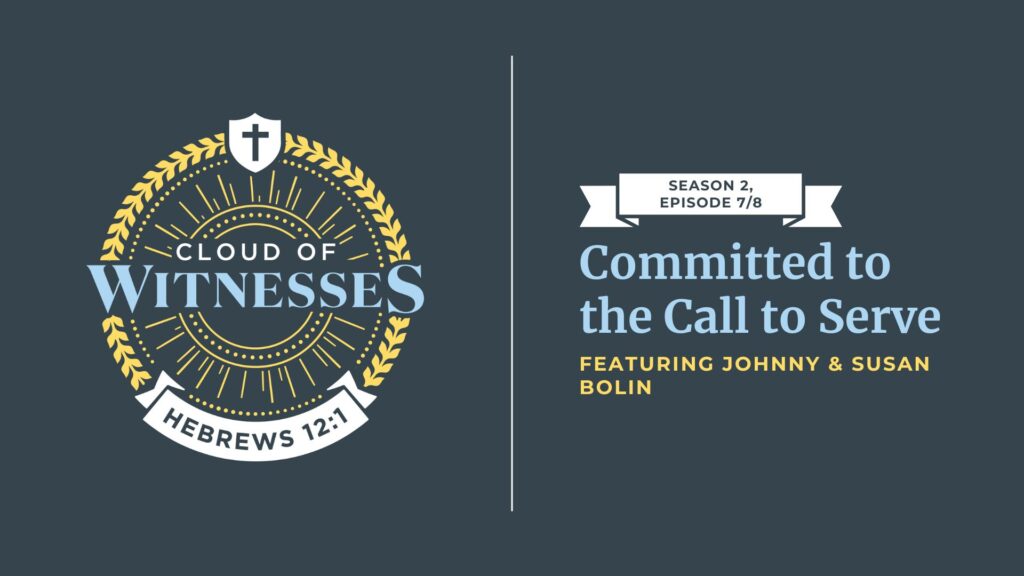Epaphroditus, a companion co-worker with Paul, became so sick that he nearly died (Philippians 2:25-30). Previous generations of missionaries had little access to medical care, but the Lord has blessed us with both significant resources and advances in medicine. Given this, missionaries may wrestle with questions such as, “Is it wise to use the Lord’s money to pay for costly medical treatments?”, “How can I spend so much on insurance every month when I compare that to the needs of the people to whom I am serving?”, or “Should we forego insurance and trust God to provide for us when we need it?”
In my limited experience, I’ve found that supporters want missionaries to tell them when unexpected needs arise on the mission field. However, medical expenses should not be surprises but expected occurrences, and the support system (the church or missions agency) should make reasonable provision for them in advance. Overall, most supporters want their missionaries to have reasonable insurance coverage rather than waiting for every medical expense to become an emergency support-raising need.
Here are some biblical principles to apply to our lives as we consider the question of medical insurance for missionaries:
1. The Bible teaches us that it is certainly natural and appropriate to prepare for hard times during times of plenty. We should prepare ourselves and our families for foreseeable expenses.
Go to the ant, you slacker! Observe its ways and become wise. Without leader, administrator, or ruler, it prepares its provisions in summer; it gathers its food during harvest. (Proverbs 6:6-8 CSB)
When it comes to preparing for the future, missionary life is essentially no different from that of other Christians. We should expect and prepare for necessary medical expenses while we have the opportunity to do so. It would be unreasonable to expect missionaries to forego carrying insurance when they may be at even greater risk of needing it due to foreign travel.
2. We should make provision to provide for the needs of our own household.
But if anyone does not provide for his own, that is his own household, he has denied the faith and is worse than an unbeliever. (1 Timothy 5:8 CSB)
We should not deny missionaries the opportunity to provide for the medical care of themselves and their family members. I don’t think it would be reasonable to say that other Christians should make provision for their own medical care, but missionaries should not plan for medical needs and should only ask for the funds when/if the need arises. Indeed, missionaries ought to be a good example to others in providing for the needs of their family.
3. We should be generous to others in their time of need, especially to fellow believers.
Therefore, as we have opportunity, we must work for the good of all, especially for those who belong to the household of faith. (Galatians 6:10 CSB)
While it is good and natural to make provision for the needs of our families, that does not preclude the possibility that our needs will outmatch our planned provisions. God has designed the local church to be a source of generosity and care for others in their desperate circumstances. There should be no shame in asking fellow Christians for aid when we are overwhelmed and no hesitancy in being kind to others because that is part of God’s plan for his church.
4. Only trust in God’s provision. Don’t put your trust in yourself or other human institutions.
Rest in God alone, my soul, for my hope comes from Him. He alone is my rock and my salvation, my stronghold; I will not be shaken. My salvation and glory depend on God, my strong rock. My refuge is in God. Trust in Him at all times, you people; pour out your hearts before Him. God is our refuge. (Psalms 62:5-8 CSB)
- Don’t put your faith in corporations, even insurance companies.
- Don’t put your faith in government social services or other human institutions.
- Don’t put your faith in yourself and your own riches.
Men are only a vapor; exalted men, an illusion. Weighed in the scales, they go up; together they are less than a vapor. (Psalms 62:9 CSB)
The key is to realize that insurance is just a tool; an instrument that can be used appropriately to fulfill biblical principles. But it could also be used inappropriately to rebel against God, to refuse to trust in him, or to act irresponsibly as stewards. I believe that we should trust in God’s faithfulness by using his provision of today to prepare for tomorrow.
It can certainly be appropriate for Christians to use insurance companies as a tool to help prepare ourselves and our families for future major medical expenses. We must remember to use insurance responsibly for the accomplishment of a God-honoring goal. Typical insurance policies are not the only means of preparing for the future; self-insurance and Christian healthcare sharing programs may also be appropriate depending on a person’s situation. We must also be careful to follow any lawful government regulations of our sending or host countries that may limit or determine our choices. In any event, our goal should not be to simply be insured, but to be suitably prepared for significant medical expenses for ourselves and our family.
With a thankful heart, we recognize that the missionaries of today have a greater opportunity to receive advanced medical care than at any previous time in history. Let us use this opportunity to prepare for our foreseeable medical needs in a reasonable and faithful manner.
Editor’s Note: Discover what services and benefits ABWE offers its missionaries.





